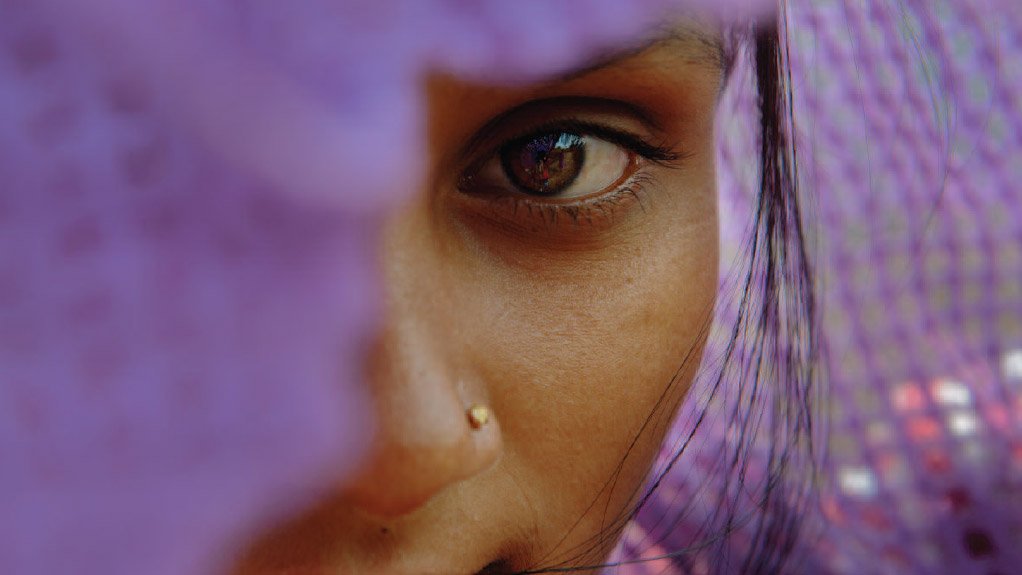- Barriers to Justice and Support Services for Sexual Assault Survivors in India0.99 MB
In May 2017, a 23-year-old woman was murdered in Haryana state’s Rohtak district. The victim’s body was found four days after she was allegedly kidnapped by two men, who raped her, smashed her head with a brick, and then ran their car over her body. The autopsy revealed internal injuries due to brutal and sadistic sexual assault.
The family of the victim alleged that a month before the incident they had complained to the police, naming the main accused, who had been harassing the victim for refusing to marry him. Family members said that the police failed to take any action.
Five years after the gang rape and death of a young student in Delhi in December 2012 that spurred legal and other reforms, girls and women survivors of sexual violence and rape in India continue to face significant barriers in access to justice and to support services such as health care, counselling, and legal aid. In April 2013, the Indian parliament unanimously amended laws, adding new categories of offences regarding violence against women and girls and making punishment more stringent. “Such legislation has come to India for the first time and the parliament has given its approval,” the then-home minister, Sushilkumar Shinde, said after the law was passed. “It will create a revolution in the country.”
While positive steps have been taken indicating greater political will of Indian politicians and officials, the promised changes have fallen far short of being realized. In the May 2017 case from Rohtak, the police defended themselves, claiming that the family made only a verbal complaint and had later withdrawn it. It was only after public protests over the rape and murder that state authorities suspended two police officers and transferred another for negligence in handling the case. Human Rights Watch also found that women and girls in India are often afraid to report attacks because of fear of being stigmatized, and because they feel unable to overcome institutional barriers in a criminal justice system that offers no protection to victims or witnesses.
Survivors, particularly among marginalized communities, find it difficult to register police complaints. They often suffer humiliation at police stations and hospitals, are still subjected to degrading tests by medical professionals, and feel intimidated and scared when the case reaches the courts. Said Anjali Dave of the School of Gender Studies at the Tata Institute of Social Sciences in Mumbai: “Rape is still constructed as women’s shame and there are so many social barriers for women to talk about it.”
India now has several laws to address gender-based violence such as the Criminal Law (Amendment) Act, 2013, Protection of Children from Sexual Offences Act, and the Scheduled Castes and Scheduled Tribes (Prevention of Atrocities) Act if the victim belongs to a Dalit (formerly “untouchable”) or tribal community. Between the time the legal changes went to effect and the end of 2015 (the most recent year for which data is available), there was a 39 percent increase in the number of rape complaints reported to the police—from 24,923 cases in 2012 to 34,651 cases in 2015—likely reflecting a greater willingness of survivors to take their cases to the justice system.
However, Human Rights Watch research shows persistent gaps in enforcing the laws, relevant policies, and guidelines aimed at justice for victims of sexual violence. This report details the scope of the problem drawing on in-depth research into 21 cases—10 involving girls under the age of 18 at the time of the incident, research by Indian organizations, and more than 65 Human Rights Watch interviews with victims, their family members, lawyers, civil society activists, advocates, doctors, forensic experts, and government and police officials. The report uses these cases to make detailed recommendations on how the authorities can ensure that the criminal justice system treats the victims and their families with sensitivity, dignity, and without discrimination.
Report by the Human Rights Watch
EMAIL THIS ARTICLE SAVE THIS ARTICLE ARTICLE ENQUIRY
To subscribe email subscriptions@creamermedia.co.za or click here
To advertise email advertising@creamermedia.co.za or click here











